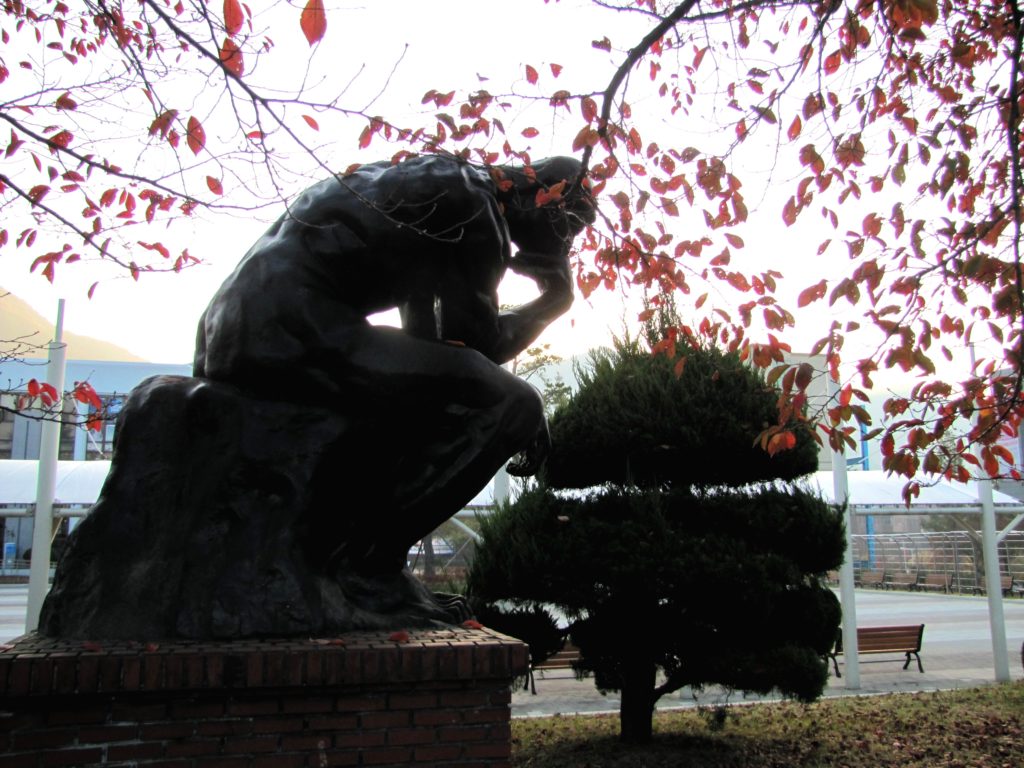The Tyrannical Soul: An Observation
A summary of the private life of the potential tyrant, or “tyrannical soul,” from Plato’s Republic, Book IX: “When these men are in private life, before they rule, aren’t they like this: in the first place, as to their company, either they have intercourse with their flatterers, who are ready to serve them in everything, or, if they have need of anything from...






